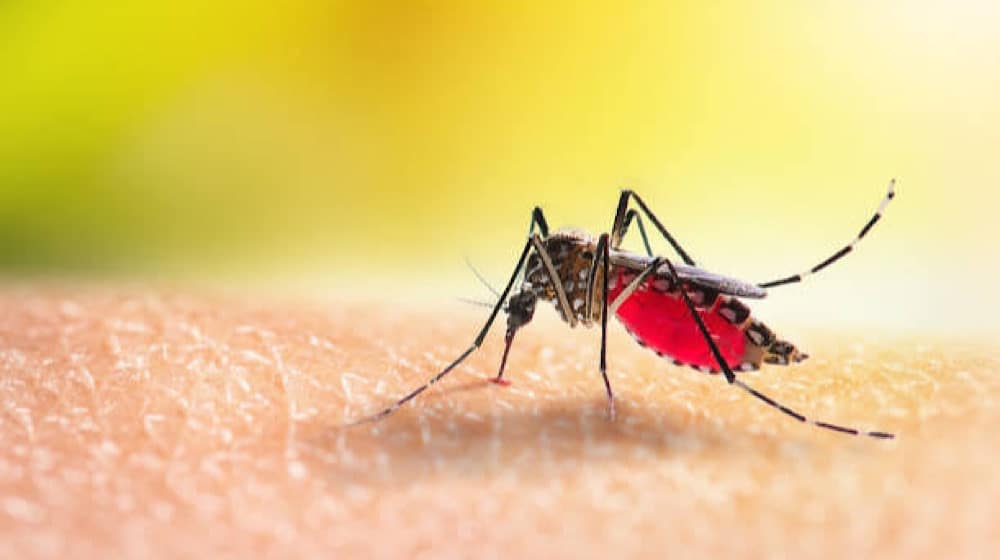Utilizing its wealth of data and expertise, Pakistan’s Malaria Control Program will train nine African countries.
The focus will be on combating a mosquito species indigenous to South Asia to prevent a potential surge in malaria cases on the continent.
The Directorate of Malaria Control (DoMC) within the Ministry of National Health Services has been chosen to spearhead the exchange program. As part of this initiative, it will organize a training and capacity-building program for nine African countries focused on Anopheles Stephensi surveillance and control.
“As you know that historically South-Asia and parts of the Middle East, have been endemic to Anopheles Stephensi an efficient vector of malaria that has gained notoriety because it spread to a number of African countries since 2013, particularly in Djibouti, Nigeria, Kenya, Somalia and Sudan,” he said.
He further stated that the primary concern stemming from this expansion of range is the mosquito’s adaptability to urban environments. This shift in malaria epidemiology could potentially expose millions of urban residents across Africa to the disease, which was previously predominantly rural.
However, given their extensive experience in surveilling and controlling this mosquito over many decades, both India and Pakistan have been invited to share their insights with malaria control experts in Africa.
“Pakistan also has highly advanced control practices, research capacity, and also operational research infrastructural facilities. Several selected high-level influential and decision-making candidates from affected African countries will visit Pakistan to learn from the vast experience of Pakistan and foster partnerships to collaborate in research, surveillance, and control for mutual benefit,” the DoMC official said.
He emphasized that this visit marks the beginning of an initial pilot event, laying the groundwork for future exchanges with broader objectives and outcomes.
In addition, the Directorate of Malaria Control (DoMC) and the Department of Entomology at Arid University, specifically the National Entomological Reference Laboratory, were planning to conduct a week-long international training course on Molecular Mosquito Identification through PCR in May 2024.
The official stated that the Directorate had received highly impressive CVs from young and dynamic entomologists across the country.
“We are at the final stage of finalization of the four most suitable candidates from the participants. Since there is very neck-to-neck competition among them, therefore we are also trying to increase 2-3 more candidates from Pakistan through local funding sources.”
He further explained that the aspiring candidates had been informed about the nature of the program, which would involve PCR and DNA extraction of various mosquito species, to preserve them as representative samples from Pakistan.
Therefore, the Directorate stressed the importance of a strong commitment from candidates to collect and send mosquito samples from their designated areas. He stated that the candidates had been encouraged to commence their assignment of collecting and sending mosquitoes from their areas.
“During the course, they will be trained for identification (both morphologically and through PCR). Just due to this commitment we need those committed and energetic candidates who are and will continue their work in vector control and surveillance in their department”.

Follow ProPakistani on Google News & scroll through your favourite content faster!
Support independent journalism
If you want to join us in our mission to share independent, global journalism to the world, we’d love to have you on our side. If you can, please support us on a monthly basis. It takes less than a minute to set up, and you can rest assured that you’re making a big impact every single month in support of open, independent journalism. Thank you.

























